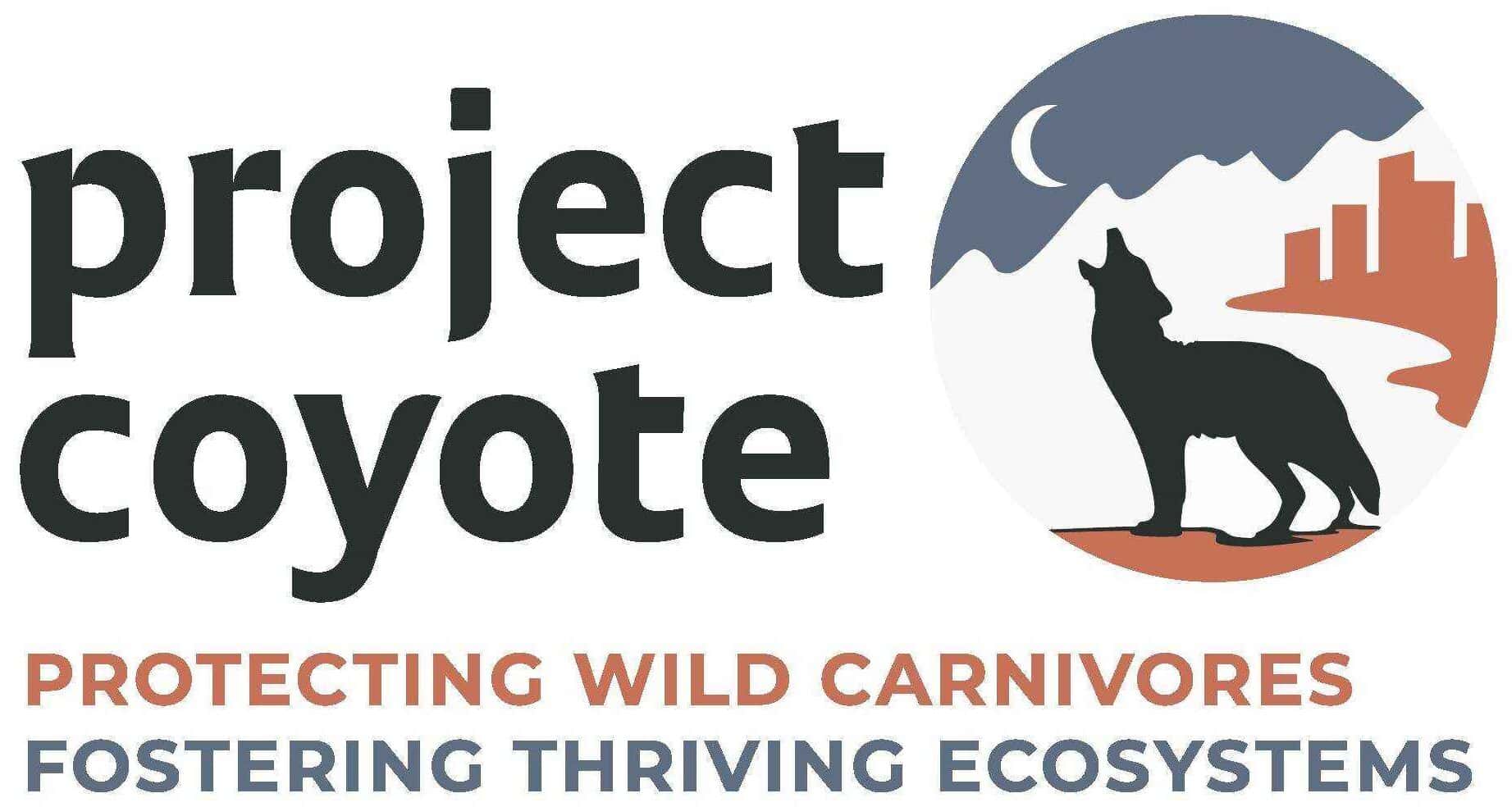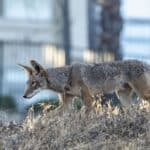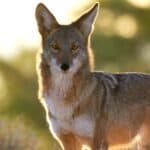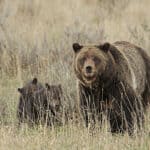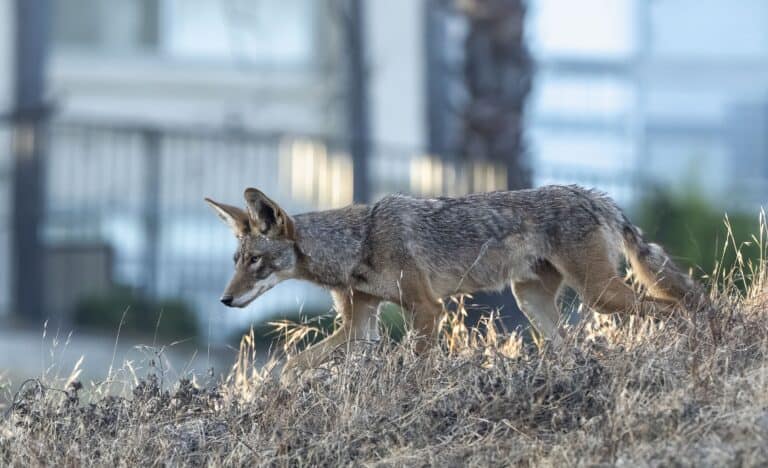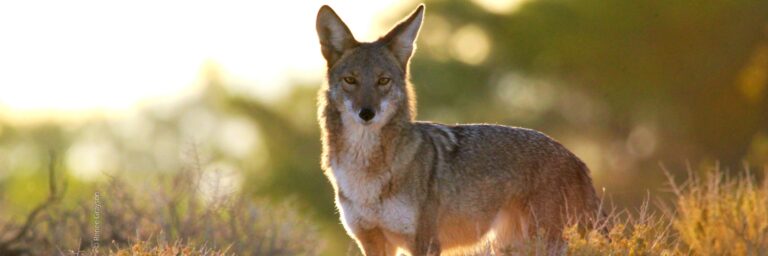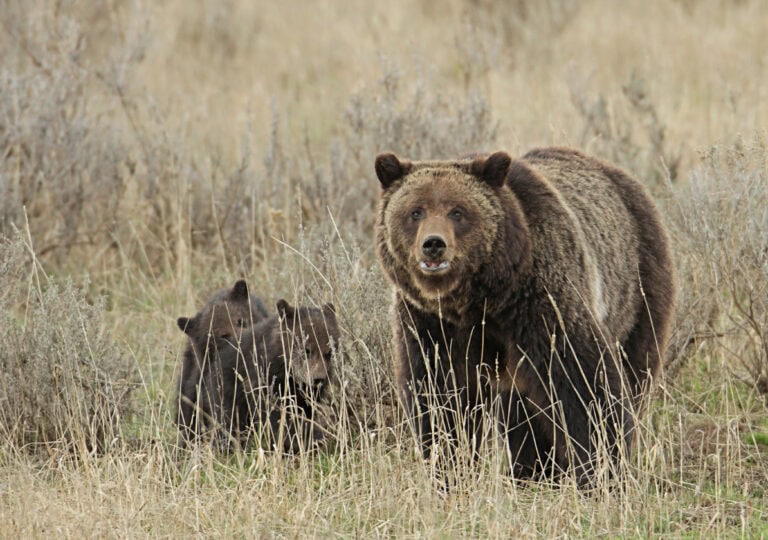Speak up against increased opportunities to kill black bears by January 27!
The situation for black bears in California is dire. The California Department of Fish & Wildlife (CDFW) currently manages black bears as game animals, allowing hunters to trophy hunt one bear per hunting season. While this practice has been ongoing since 1968, the situation has changed. Climate change, wildfires, drought and increased collisions with vehicles seriously threaten California’s bears.
Now, CDFW and hunting groups seek to further reduce bear numbers with a plan to allow the return and reassignment of bear hunting tags. This would allow some hunters the opportunity to kill additional bears if hunting quotas are not met.
California should not be increasing bear hunting when they do not know the status of the current population. The California Fish and Game Commission (CFGC), the public body charged with hunting regulations enforced by the CDFW, should instead abide by the Precautionary Principle and support a petition to end black bear hunts in the state.
Let CFGC know that killing black bears is ethically and scientifically indefensible!
HERE ARE 3 WAYS YOU CAN SPEAK UP:
1) Submit written comments to the CFGC by Thursday, January 27:
- Email to fgc@fgc.ca.gov using talking points below
- This is the deadline to oppose the bear tag petition, but feel free to support the hunting moratorium petition at the same time!
2) Attend the CFGC virtual workshop Thursday, January 27:
- Join 3-5 p.m. PT on Thursday, January 27 to discuss the bear tag petition (petition 2021-017)
- Tell the Commissioners to reject the petition, using the talking points below.
3) Attend the CFGC virtual workshop on February 16-17:
- Agenda and further meeting details will be found here once prepared
- Tell the Commissioners to support the petition asking for a moratorium on bear hunting (petition 2021/2022-027) using the talking points below
- Written comments will be accepted until the workshop date
TALKING POINTS (remember to personalize your message and be respectful):
- The state’s black bear population is in trouble. Given the uncertainties, stopping human-caused mortality should be prioritized over hunter demand. Current methods to estimate the state’s black bear population, based on age-at-harvest models, are outdated and unreliable indexes of the state’s population. The model has reported consistently lower population estimates and growth rates since 2013, suggesting the population is in decline.
- Additionally, the department’s black bear take report for 2020 estimates the state’s black bear population at 15,934 (and potentially as low as 9,771), which is at least half of the “conservatively estimated” 30,000-40,000 bears listed on the CDFW website.
- Bears reproduce very slowly and are highly susceptible to overkill. A female only reaches adulthood at approximately 4 years of age. She then gives birth to 2-3 cubs/year and has litters only every 2-3 years (depending on food resources, which are compromised by increasingly wildfires and drought). Trophy hunters target breeding adults, which disrupts the animals’ social structure and further slows reproduction.
- Extreme climate events catalyzed by climate change, such as record-level wildfires in 2021, late season frosts, and droughts, have negative impacts on bears, in particular through habitat destruction and reductions in food sources. Although these events seem to be increasing in frequency, they are not considered in population estimates. Population modeling fails to consider super-additive mortality brought about by extreme climate events and anthropogenic factors, such as surges in deaths by vehicle strikes. These events disproportionately affect females, some with cubs.
- Hunter demand cannot be the primary driver of wildlife management when bear hunters constitute less than 1 percent of Californians. Instead, the agency should holistically consider science, ethics and the broad public interest in protection and coexistence rather than killing. Caving to hunter demand prioritizes minority values and attitudes to which the majority of the public is increasingly opposed, and diminishes the non-hunting publics’ experience in nature.
- Hunters tend to hunt in their own local territories, and issuing two bear tags to already successful hunters may exacerbate human-caused mortality in certain areas, with harmful effects to bear social structure which may increase mortality further (i.e, super-additive). Female bears frequently remain close to their birth territories. Increased hunting pressure on the same landscape may not only increase the risk of killing local females, but the risk of new males killing cubs. A mother bear may then have to move to a less suitable habitat where there are fewer resources and a higher risk of conflict with humans. These issues have not been considered within the petition.
- Most Californians already oppose black bear hunting, and a majority supports the outright ban of hunting black bears (according to a poll conducted by Remington Research Group for the Humane Society of the United States). Yet this proposal goes beyond ignoring the values of most Californians by promoting the opposite views and harmful behaviors towards cherished wildlife. Moreover, past black bear management documents note that bear hunting (the season comprises a third of the year) monopolizes public lands, and excludes both public lands conservationists and more sustainable activities, such as wildlife watching.
- Current scientific understanding acknowledges bears as feeling, thinking, self-aware beings that undoubtedly value their lives and wellbeing. They also contribute community benefits through their top-down regulatory effects on ecosystems. Accordingly, ethical coexistence demands respect and consideration for bears in relevant policies and regulations. Increasing opportunities to kill more bears explicitly promotes views that run contrary to ethical coexistence and holistic scientific understanding.
California’s bears need your voice. Speak up now to protect them!
Thank you for acting today to protect California’s bears!
Camilla H. Fox
Founder & Executive Director
Michelle Lute, PhD
National Carnivore Conservation Manager
